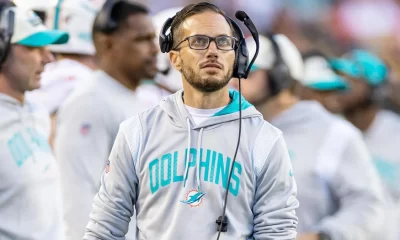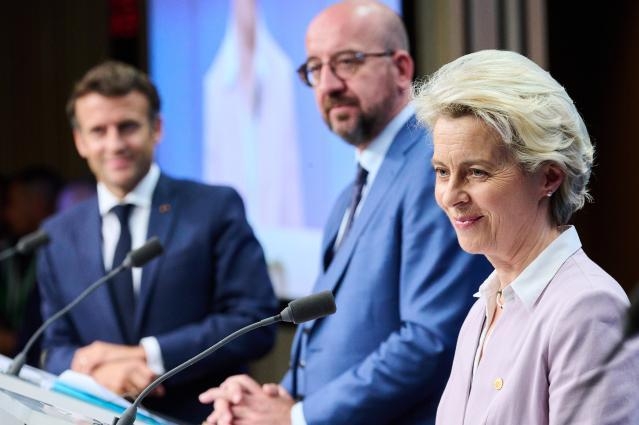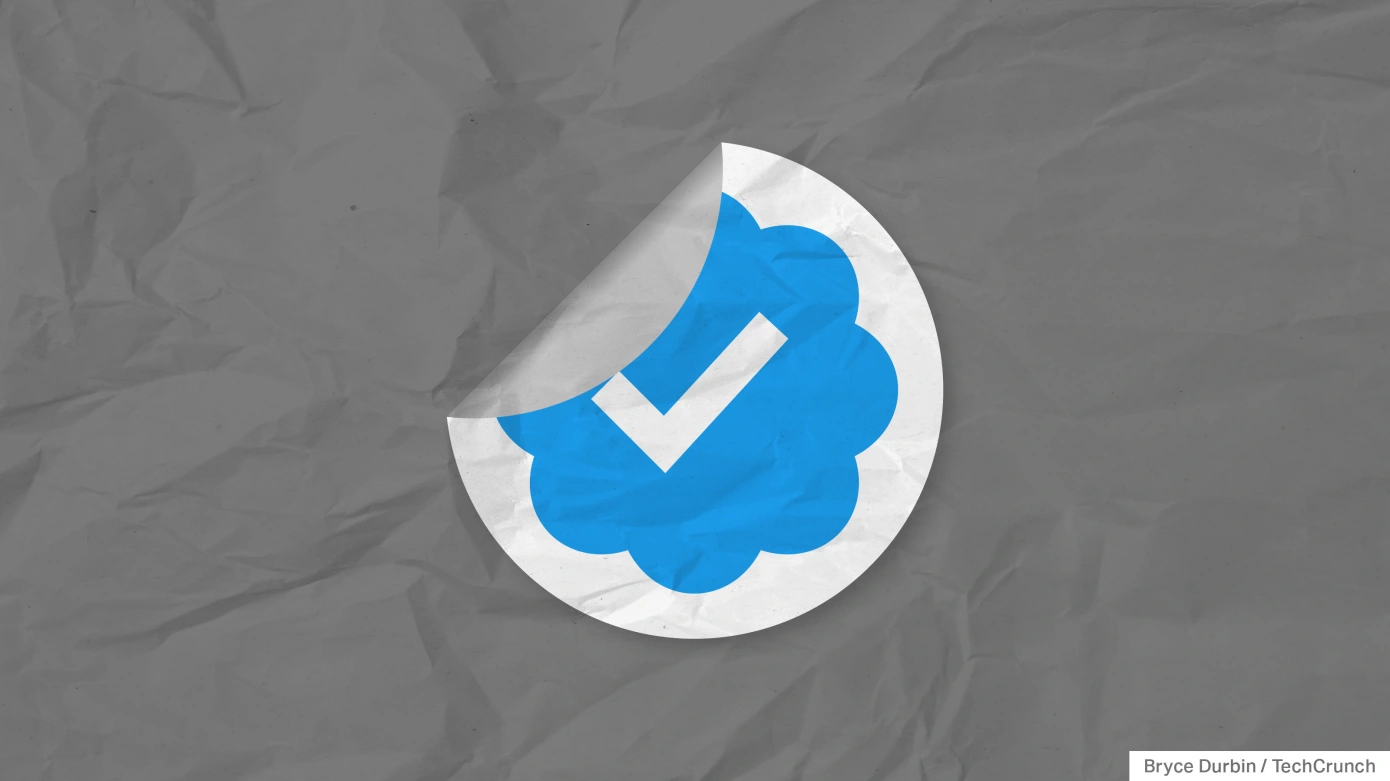Distinguished members of the Jury, I want to thank you for this prestigious award. It is really humbling me. And Doctor Tocci, dear Nathalie, many, many thanks for your kind words. I really cherish that, so many thanks. I am truly honoured by this prize. And it is wonderful to follow the big steps of my good friend Mario Draghi.
The Cercle d’Economia, indeed President Faus, as you said, was created, during the dark days of Franco’s dictatorship, as a place to debate and imagine the future. And ever since, for over six decades now, it has stood on the right side of history. It has stood for democracy and for an open economy.
The Cercle has always worked to bring Spain where it belongs: at the centre of a strong and united Europe. And today, Spain is indeed at the heart of Europe. You have been among the hardest hit by the pandemic. And yet today, your recovery has solid foundations. You are a global leader in clean energy.
You have a dynamic and innovative economy. And you have always been a vocal supporter of the most recent steps in European integration. España es hoy un motor de nuestra Unión. This is a defining moment for Europe and for our future. I am very grateful that you decided to focus the annual meeting on ‘Europe’s moment’.
I remember, I used this expression for the first time two years ago, in May 2020, when I announced the creation of NextGenerationEU, the recovery fund. We were in the middle of the first pandemic wave. In our Union, at the worst moment of that dramatic spring, almost a thousand people were dying daily because of COVID-19 – almost a thousand. The scale of that crisis was such that only as a Union could we provide the answers to our citizens. Indeed, it was Europe’s moment to step in. It was a ‘make or break’ moment for the European Union.
Now, fast forward to May 2022, the present day. COVID-19 has not disappeared, our guard is still high, but the pandemic feels like a distant echo. Yet thousands of innocent people are once again dying right here in Europe, because of the Kremlin’s aggression against a peaceful country. And it is not only the future of Ukraine that is at stake. It is an attempt to tear down the security architecture in Europe.
And it is a global tectonic shift. The great powers of the world are aligning themselves again. Putin’s war by choice is an attack against everything we believe in. Against the idea that a country’s future should be decided democratically, by its own people, and not by some foreign autocrat. And to impose his spheres of influence, the Kremlin is not only devastating Ukraine, it is also trying to play the old game of ‘divide and rule’.
There is only one way for us to help our Ukrainian friends win this war, and to be the masters of our own future, and that is by choosing unity. Even more than two years ago, this is Europe’s moment.
Today, I can tell you with certainty that Europe is seizing its moment. We are tapping into the true power of our Union. We did it, first and foremost, with our strategy on vaccines. Second, came NextGenerationEU. And now, our unprecedented sanctions on Russia and our drive to free ourselves from Russian fossil fuels. You, dear Nathalie, Doctor Tocci, said that Europe has rediscovered its DNA. And this is so true. But we have also broken new ground. We have pushed our boundaries and redefined the limits of what is possible, step by step.
Take vaccines. It is a European success story. It is no coincidence that the first safe and effective vaccine against COVID-19 was developed in Europe. Because science thrives in democracy and in a social market economy like ours. That is the story of the mRNA technology. It all started with researchers, following a bold and innovative idea. It is thanks to their pioneering spirit, and our freedom of research. Then came European public support to this kind of support and research. And finally, the power of the market and our private investment. Because of this unique mix – the researchers, the European support, the democracy of free minds and free science and research, the public support and the private investment –, the world can rely today on mRNA vaccines.
And yet, only two years ago, none of us knew whether science would win in developing an effective vaccine. This, two years ago, is when we first proposed that our Union stepped in. And just imagine what would have happened if only a few Member States – the big ones – would have had access to vaccines, while the others would have been left outside in the cold. It would have severely weakened our fight against the virus, and it would have torn apart our Union. Instead, we pooled our resources to scale up the production, and we made sure that all Member States had equal access to life-saving vaccines. Today, three-quarters of Europeans received at least two doses. 60% of us received booster shots, too.
But another fact is also important: We achieved all of this while remaining open to the world. That was not easy, and you remember the pressure that was on us to close down, to shut down Europe’s export. For every dose of vaccine produced in the European Union, one dose was shipped abroad. We made the choice of solidarity not only with our fellow Europeans, but also with the rest of the world. This is unique. This is Europe. And I think that we should keep that in our collective memory.
The second moment I would like to focus on is indeed the birth of our Recovery Plan, NextGenerationEU. Pedro, I am sure you remember these months very well. It took long European Councils, days and nights, but we overcame decades of ideological debates on whether our Union should raise money on behalf of the Member States. Let me thank you again, Pedro, for believing in NextGenerationEU from the very first day on. As of today, we have already provided to our Member States roughly EUR 100 billion in investment under NextGenerationEU.
It is an unprecedented plan with investment and reforms. And this plan can reshape our economy for decades ahead. Making our European Green Deal a reality, speeding up our digitalisation. With EUR 800 billion of investments, NextGenerationEU will make Europe and Spain stronger and better prepared to face the challenges of our time.

 Sports2 years ago
Sports2 years ago
 Entertainment2 years ago
Entertainment2 years ago
 News2 years ago
News2 years ago
 News3 years ago
News3 years ago
 News3 years ago
News3 years ago
 Tech3 years ago
Tech3 years ago
 Sports2 years ago
Sports2 years ago
 Tech3 years ago
Tech3 years ago



